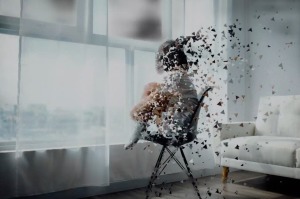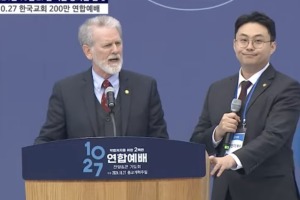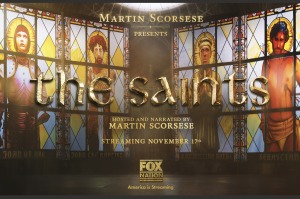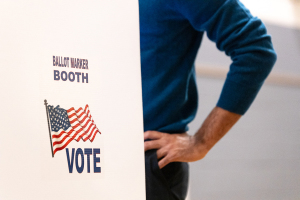TV-PG Rating Not Working, Says Study
A television content watchdog group has released a study arguing that the television rating TV-PG does not adequately shield children from graphic content.
The Parents Television Council released the study, titled "What Kids Can See When It's Rated TV-PG," last week. Their research focused on primetime television content during a two-week period in 2011.
Melissa Henson, PTC's director of communications and public education, told The Christian Post that the TV-PG rating is ineffective in providing a good indicator of the graphic content in a program.
"98 percent of what airs on primetime broadcast television is rated either TV-14, or TV-PG. Assuming most parents allow the least restrictive of the two ratings, the PTC found that a child would still be exposed to objectionable content roughly every five minutes," said Henson.
"It's time to scrap the system and go back to the drawing board. We need a ratings system that is consistent, accurate, and transparent."
Introduced nearly 15 years ago, the television ratings system was created to help parents monitor the programming their children watch. The system goes from TV-Y, which is for all children, to TV-MA, which is for mature audiences only.
According to the TV Parental Guidelines' website, the ratings system is meant to work in concert with the V-chip, a device that prevents children from viewing material their parents have judged to be objectionable.
"V-Chips in television sets and parental control tools offered by cable and satellite providers each work a little bit differently. Instructions for programming your television's V-Chip can be found in the on-screen menu option or in the television owner's manual," reads their site.
The PTC argues that this is where the problem exists, as Henson explained that the TV-PG rating does not adequately define the explicit content for a program.
"There really are no rules. All the TV-PG rating tells us is 'This program contains material that parents may find unsuitable for younger children,'" said Henson.
"The program [may contain] one or more of the following: moderate violence (V), some sexual situations (S), infrequent coarse language (L), or some suggestive dialogue (D). But the PTC has found pixelated nudity on PG-rated programs, graphic violence, bleeped profanities and worse."
On its site, TV Parental Guidelines listed the television ratings specifically designed for children; TV-PG was not one of the ones mentioned.
"Children's programming is rated according to two categories: TV-Y and TV-Y7. A TV-Y rating means that programming is appropriate for children of all ages. TV-Y7 indicates that programming is designed for children ages 7 and older," reads a section of their FAQ page.
"An additional rating, TV-Y7-FV, is used to indicate that a program contains "fantasy violence" that may be more intense or combative than other TV-Y7 programs."
The PTC has sent a copy of the study and an accompanying letter by PTC President Tim Winter to every member of Congress demanding that a better television ratings system be implemented.
"After fifteen years of a poorly conceived, poorly executed, poorly overseen system, it is time to give American families more tools and more choices to contain the flow of objectionable entertainment content entering their homes," wrote Winter.
"We call upon the television industry, the FCC, and Congress to immediately begin review of the order that implemented the current TV Ratings System. And we call for the system to increase its transparency and accountability to the public."




























